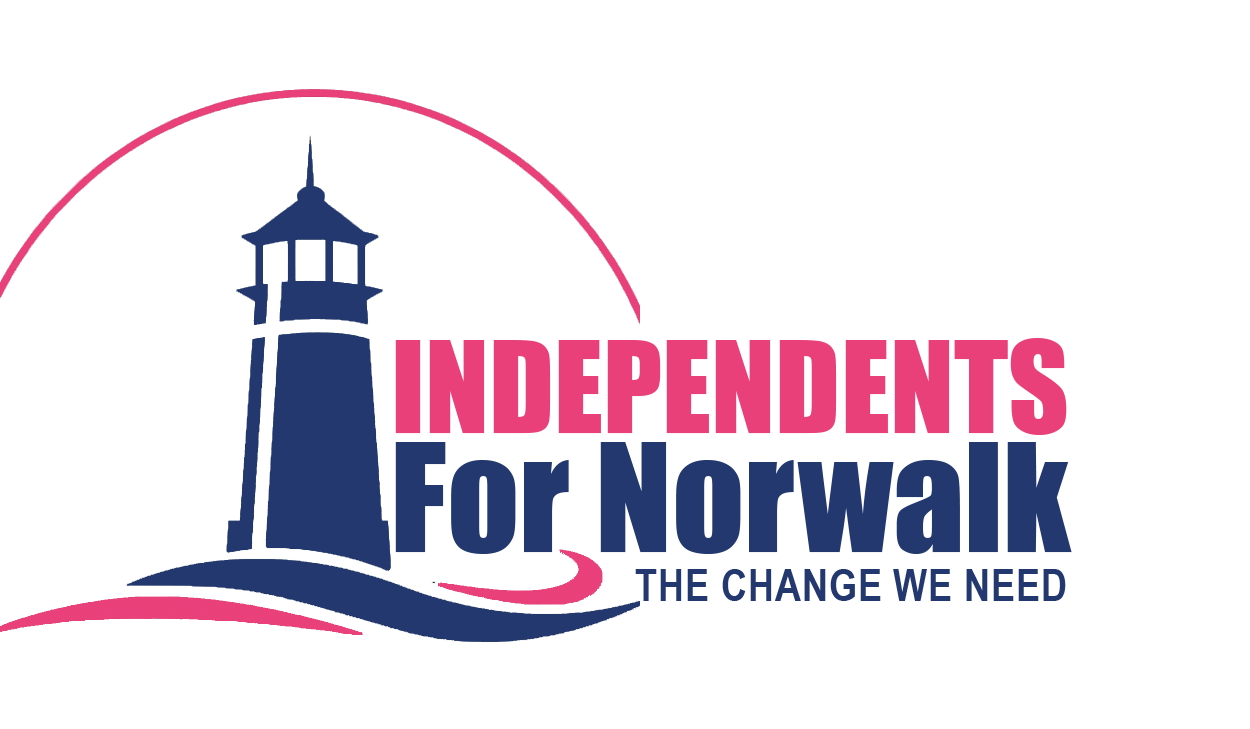Economic Expansion
Connecticut ranked 12th in the US in GDP growth, due to a rebounding hospitality sector after COVID. Finance, insurance and real estate contributed, but Connecticut still has unfunded pension liabilities that could reach $1B by 2024. The American Enterprise Institute showed state employees have the highest pension and retiree health benefits in the US, a 33% premium over the private sector. Connecticut needs to work to shift state benefits to more closely match the private sector, that could resulti in ~ $2 billion savings per year that could be reinvested in jobs training and tax incentives for small business and private sector job growth.
Investing in skills for manufacturing, bio science, software, renewable energy sectors, etc. and less burdensome taxes will create expansion. A recent Connecticut Business & Industry forum highlighted the state’s transportation and infrastructure issues. Having a state Department of Transportation that nationally ranks consistently near the bottom of the 50 states, in terms of cost and efficiency does not help our crumbling and congested roads and highway interchanges that need fixing. Connecticut should also explore shifting more trucks to rail and investing more in the state’s ports/waterways.
https://www.cbia.com/news/economy/2022-cnbc-business-climate-rankings/
https://ctmirror.org/2023/05/12/ct-pension-debt-report-budget-retirement-health-care-pew/
https://www.governing.com/now/state-highway-performance-where-does-your-state-rank
Election Reform (Ballot Access, Open Primaries, Ranked Choice Voting)
Among the world’s democracies, the US has the worst ballot access laws. Connecticut is no exception. Ballot access refers to the rules and procedures regulating how a candidate, political party or initiative is allowed onto the ballot & who can vote. Roughly, 41% of voters in Connecticut DO NOT identify with either major party and are excluded from the primary process. Connecticut lags most states in election reform like open primaries, equal ballot access, early in-person voting or Ranked Choice Voting.
Both parties claim and counter claim a desire for fairer & freer elections – yet ignore reforms that would increase voter turn-out, improve proportional representation and tamp down party extremism. Gerrymandering of geographical boundaries creates ‘safe’ red or blue municipalities and 95% of the time, incumbents are repeatedly returned to office. Half the electorate is disenfranchised, without a voice. Instead of a winner take all system, Ranked Choice Voting allows candidates to be ranked by preference (1st, 2nd, 3rd) until someone wins 50% +1. This format supports consensus building and less of the ‘left vs. right’ mantra and helps mitigate Connecticut’s closed primary process.
https://www.cnet.com/news/politics/gerrymandering-the-greatest-threat-to-voting-in-america/
https://fairvote.org/our-reforms/ranked-choice-voting/
Early Voting
We support Early Voting. It varies by US state – ranging from 3 to 46 days. The average is 23. The National Conference of State Legislatures (NCSL) indicates Connecticut is one of only four states not allowing it, including Alabama, Mississippi and New Hampshire. Making it easier to vote, in person, and with ID, will increase voter participation, giving flexibility to those with work obligations or travel schedules on Election Day. It will also reduce congestion at the polls. Hopefully, the rules are developed in a bipartisan manner and reduces the need for absentee ballots (AB) and concerns over fraud. The Heritage Foundation has tracked Connecticut data back to 1988, and indicates the majority of voter fraud has occurred because of fraudulent use of ABs (20/26 cases) ranging from requesting and voting without the voter’s knowledge, obtaining a ballot & filling it in directly, forging a signature or illegally telling the voter who to vote for.
Affordable housing under 8-30g
Like the US, Connecticut has a housing shortage problem, but 8-30g needs modification. Data for Norwalk and it’s surrounding towns reveal very different scenarios. In 2018, Connecticut’s Economic Resource Center (CERC), showed Norwalk exceeded the 10% affordable housing stock with 12.7%. While neighboring towns has Darien had 3% or less. Most towns don’t meet the threshold, but comparing is dangerous. 8-30g never intended to get ALL towns to 10%, but ‘strongly encourage’ multi-unit housing for various income levels; instead 8-30g fast tracks developers to bypass local zoning regulations, while making lots of money. One can’t discuss modifying 8-30g without reviewing Low-Income Housing Tax Credits (LIH-TC) that also result in multi-year property tax holidays that strip local municipalities of needed revenues. Created in 1986, they give private equity firms tax incentives to fund affordable housing. Growing corporatization of housing and complex finance models requires better scrutiny to stop abuses, especially when building costs exceed market rates like Wall St. Place and Soundview Landings, where per unit costs to build range from $650K-$850K, far exceeding the cost of purchasing on 1-2 bedroom condo in the same neighborhood. A report was produced by the National Urban league highlighting the pros and cons of this sort of financing and who it ultimately serves.
